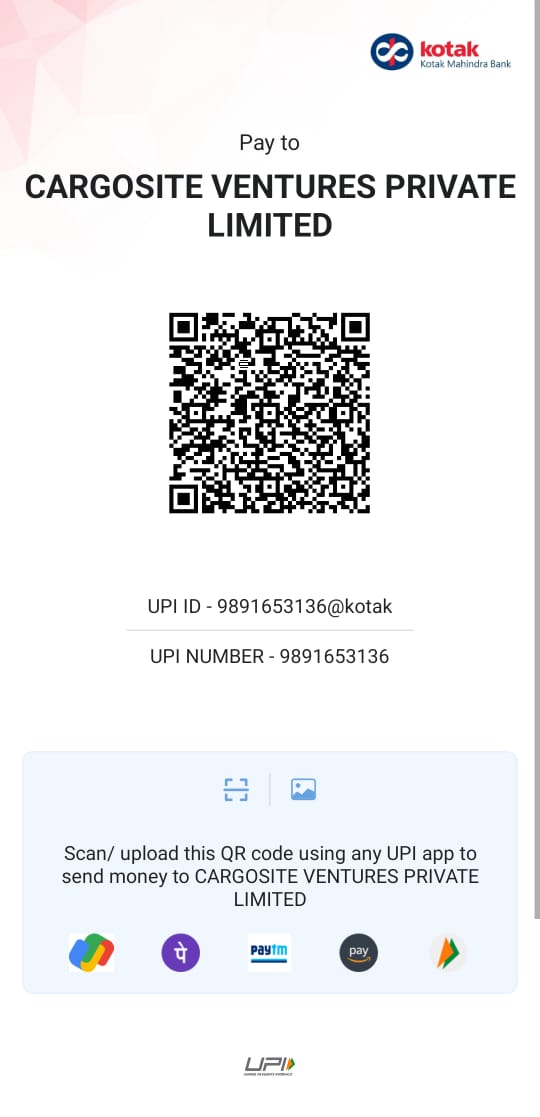Circular No. 1073/06/2019.CX
F. No. 267/78/2019/CX-8-Pt.IIl
Government of India
Ministry of Finance
Department of Revenue
Central Board of Indirect Taxes and Customs
Dated, the 29" October, 2019
To
The Principal Chief Commissioners/ Chief Commissioners (All)
The Principal Directors General/ Directors General (All)
Subject: Sabka Vishwas (Legacy Dispute Resolution) Scheme, 2019-reg
Dear Madam/Sir,
| am directed to invite your attention to Board’s Circulars No. 1071/4/2019-CX
dated 27"August, 2019 and 1072/05/2019-CX dated 25'"September, 2019 on the Sabka
Vishwas (Legacy Dispute Resolution) Scheme, 2019. Subsequently, the Board has
received further references from field formations as well as from the trade seeking certain
clarifications on the Scheme.
2. The references received by the Board have been examined, and the issues raised
therein are clarified in the context of the various provisions of the Finance (No.2) Act, 2019
and Rules made there-under, as follows:
(i) Section 123 (c) states that ‘tax dues’ means, inter alia, where an audit is PENDING
and the amount of duty payable has been quantified on or before the 30'" day of June,
2019. Some field formations are taking a view that in case the Final Audit Report (FAR)
has been issued, the audit is not pending and the benefit of the scheme is not available.
The process of audit involves issue of FAR by the Audit Commissionerates after the MCM
(Monitoring Committee Meeting). If in compliance to the FAR, the taxpayer pays the duty,
the relevant para is closed. If the taxpayer does not comply, a SCN is issued by the Audit
Commissionerate answerable to the jurisdictional Executive Commissionerate. Till such
time an audit does not culminate in a Show Cause Notice, it is treated as pending.
Therefore, cases where Final Audit Report (FAR) has been issued on or before 30" June
2019, are eligible for relief under SVLDRS as the tax demand has been quantified.
(ii) Under voluntary disclosure category, the Scheme makes two exclusions: (a) not
being subjected to an enquiry or investigation or audit; or (b) having already filed a return
but not paid the duty declared therein [Section 125(f)(i) and (ii)]. Some of the formations
have reported difficulty in verifying these conditions as the proceedings may have been
initiated by another formation. Though the Scheme provides that no verification will be
carried out in cases of voluntary disclosure, they felt that there may still be a requirement
to determine the eligibility to avail the Scheme. It is clarified that such declarations may
be accepted without recourse to determination of eligibility as the Scheme provides ample
safeguards for taking suitable action in case of false declaration of any material particular
[Section 129(2)(c)].
(iii) | A doubt has also been expressed whether a party who has filed an ST-3 return
and has also paid the dues in FULL before filing the application but still wants to avail the
benefits of the scheme for interest on the late paid dues is eligible. In this regard, attention
is invited to illustrations (a) and (b) under Para 2(iv) of Circular No. 1072/05/2019-CX
dated 25.09.2019, given in the context of arrears of confirmed demand. It is clarified that
these also cover the cases of arrears of tax liability admitted under returns filed on or
before 30.06.2019.
(iv) Vide Circular No. 1072/05/2019-CX dated 25.09.2019 [Para 2(iii)], it was clarified
that a separate declaration will need to be filed for each return filed, on or before
30.06.2019 but duty not paid. For the sake of administrative convenience, it is clarified
that a person can file a single declaration for more than one such return also. However, it
will not have any impact on the applicable tax relief. In other words, for the purpose of
application of tax relief, each such return will be taken individually even though a single
Estimate/Statement and Discharge Certificate shall be issued for a declaration.
(v) In many cases the assets of a tax defaulter are taken over by an Asset
Reconstruction Company (ARC), and the department asks the ARCs to pay the
outstanding dues. In another case, M/s. RIICO, a PSU of State of Rajasthan, has taken
physical possession of the fixed assets of some of its borrowers who also happen to be
tax defaulters. They have reported that they may be able to realise their dues, if they are
allowed to settle the tax dues under the Scheme, and thereby removing an encumbrance
on the disposal of the fixed assets. Similarly, M/s. Retailers Association of India have
represented that in many cases, department has initiated proceedings against lessors for
non-payment of service tax on rent on immovable property rented by their members.
Hon'ble Supreme Court has allowed the lessees to file a Civil Appeal challenging the
applicability of service tax in such matters, subject to the condition that they deposit
appropriate pre-deposit as well as the remaining dues, if the case is decided against them
eventually. It is clarified that such persons are allowed to file a declaration under the
Scheme and avail the benefits. The remaining conditions of the Scheme such as
withdrawal of pending cases etc., apart from payment of dues as determined by the
designated committee, will still need to be complied by them.
(vi) Representations have also been received that the cases where appeals were filed
after 30.06.2019 should also be allowed relief under the Scheme. It is stated that such
cases are not covered per se. However, if a taxpayer withdraws the appeal and furnishes
the undertaking to the department in terms of Para 2(viii) of Circular No. 1072/05/2019-
CX dated 25.09.2019, they can file a declaration under the Scheme.
3 Difficulty if any, in implementation of this Circular may be brought to the notice of
the Board.
Yours sinogtalies
RAS
(Navraj Goyaly
OSD(CX)

